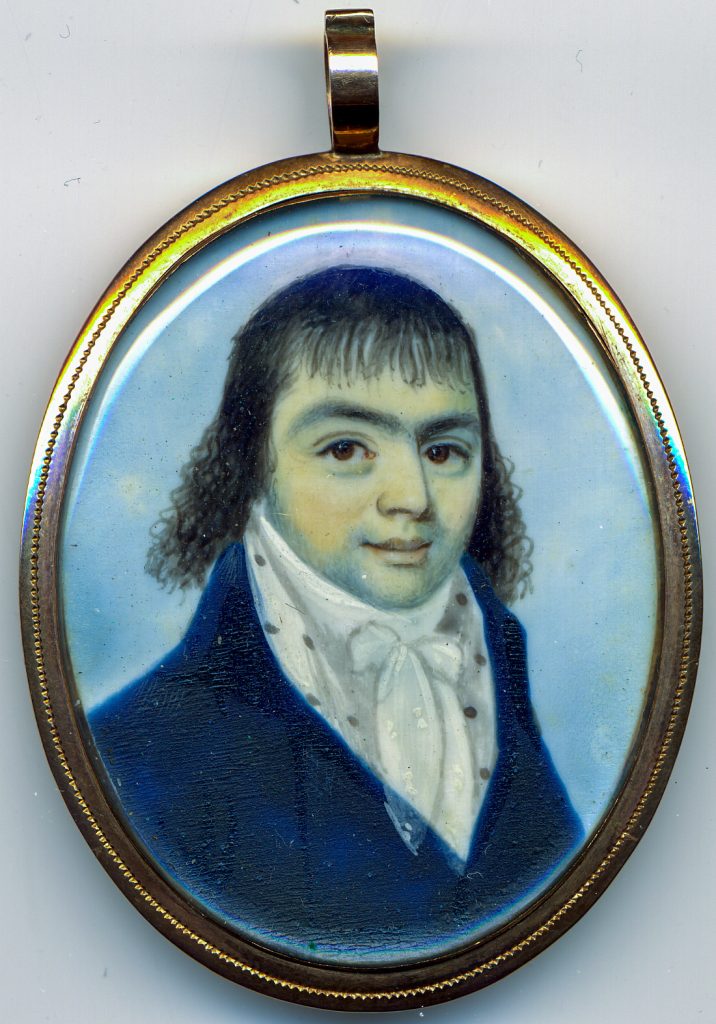The oldest son of Reyna Hays and Isaac Touro, Abraham was born in 1774 in Newport, Rhode Island, a city with which his legacy would forever be connected even though his time living there was quite short. His father Isaac, a Dutch-born Sephardic Jew with partial rabbinic training who had been living in Jamaica, was invited to Newport in 1758 at the bequest of the city’s growing Jewish community. As their wealth and numbers increased, largely due to the expanding shipping trade, the Jewish community—organized as Congregation Yeshuat Israel, decided to build a synagogue. and recruited Isaac Touro to serve as hazzan, or prayer leader. Fifteen years after his arrival in Rhode Island, Isaac married Reyna Hays, daughter of Rebecca Michaels and Judah Hays. The following year, Abraham was born and his younger brother, Judah, was born about a year later in 1775.
Soon after in 1776, the Revolutionary War broke out and the British occupied Newport for three years. The majority of the city’s population including Jews, and Whigs, fled. Isaac Touro, however, was a Loyalist, and remained in Newport. Times were hard during those years, as the city’s economy ground to a halt, and after the birth of Abraham’s sister, Rebecca, the family moved south to British-controlled New York, where they often had to rely on the charity of British soldiers to sustain themselves.
When the British cause became untenable, the Touro family’s next move was back to the British colony of Jamaica. Isaac died there soon after their arrival. The widowed mother of three children, Reyna, took refuge in the Boston home of her brother, Moses Michael Hays. An independence advocate, Hays and his family had evacuated Newport ahead of the British occupation, and they welcomed the Touros into their home in Boston’s North End, which already housed seven Hays children. After Reyna died in 1787, her brother took full responsibility for the upbringing of his niece and nephews.
Abraham and his younger brother, Judah, followed their uncle into the family businesses. Abraham worked as an agent for his uncle and later for his brother Judah’s firm, in addition to pursuing his own opportunities as a merchant and shipbuilder. With financial success, Abraham developed another interest, and one for which he, like his brother Judah, would be best remembered—philanthropy. Abraham helped finance the construction of roads, bridges, and theaters around Boston and Medford, Massachusetts, where he had his shipyard. Memorably, he was one of the first donors to establish what is today Massachusetts General Hospital, recognized worldwide for its excellence.
When Touro was forty-eight, he was thrown from his horse while watching a parade, and eventually succumbed to injuries sustained during the accident. In his will Abraham left the then-substantial sum of $15,000 in trust to the City of Newport for the upkeep of the Jewish cemetery in Newport (where he is buried), and the synagogue there, now known as Touro Synagogue. Touro Streets in both Newport, RI and Medford, MA are also named for him.
